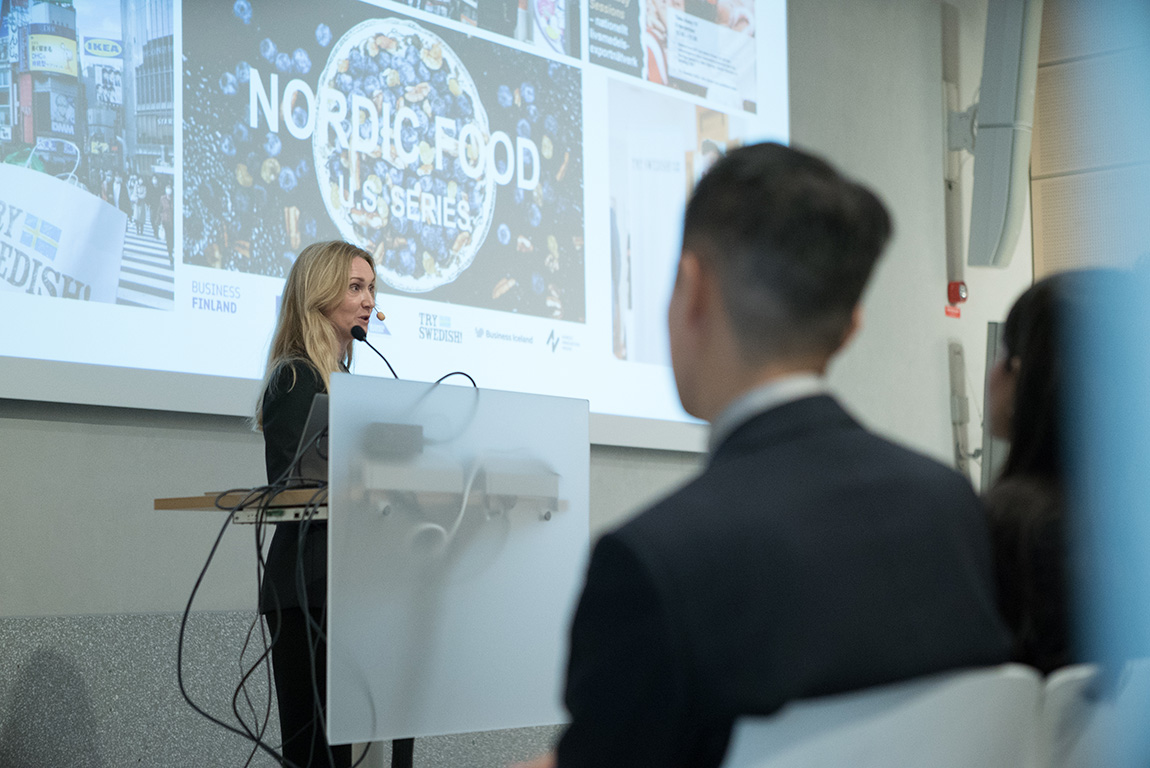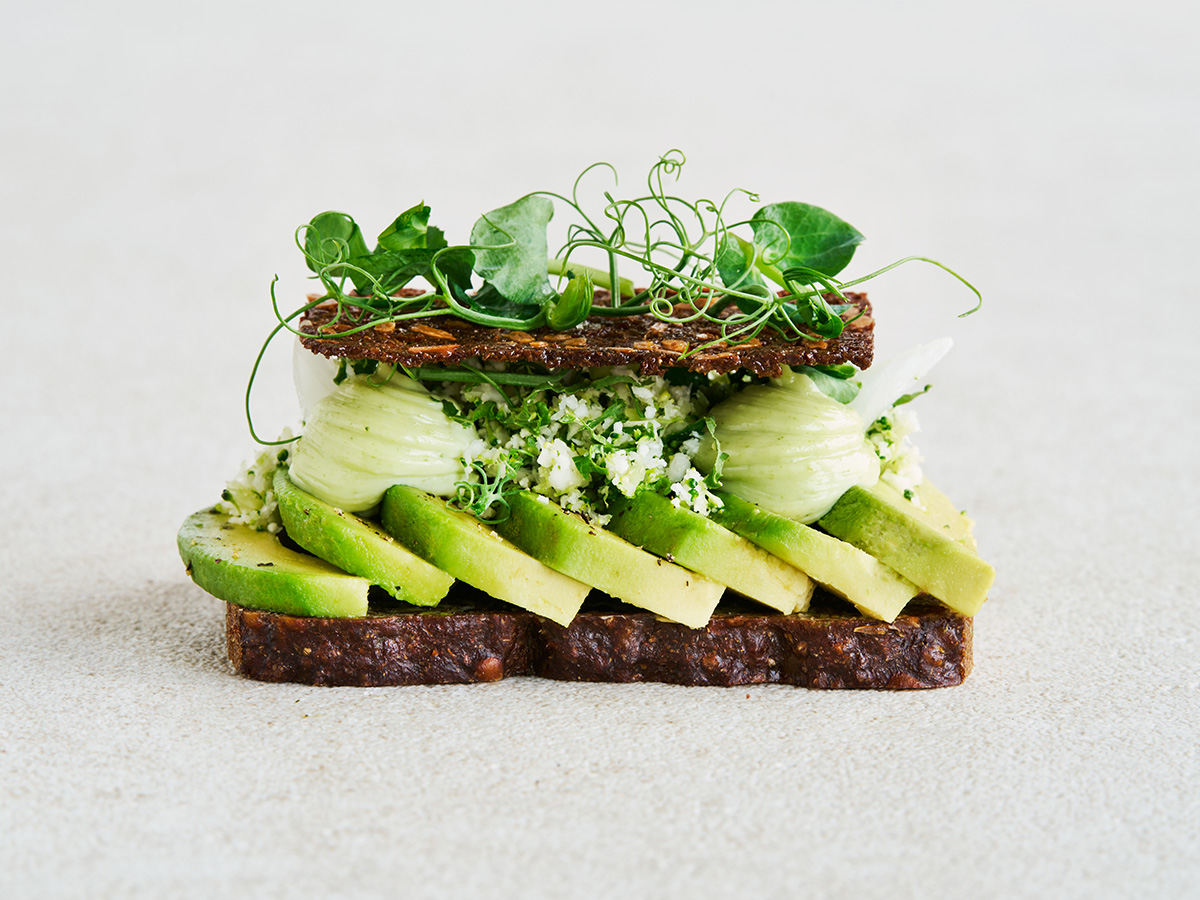From wine to plant-based food – Swedish food continues to evolve
By Maria Kärnerud, Manager, Try Swedish Export program

Photo: Thora Vingård
Sweden’s culinary scene is evolving rapidly, gaining recognition not only for traditional favourites like meatballs and vodka but also for its innovations in plant-based products, functional beverages, and, notably, wine production.
Over the past decade, Swedish wine has made remarkable strides in both quality and volume. In fact, blind tastings have compared Swedish wines with European counterparts, and in several instances, Swedish wines have matched—or even surpassed—the competition. This growing reputation has inspired the creation of The Swedish Wine Tasting, modelled after the famous 1976 Paris Tasting, further cementing Sweden’s position as a serious player in the wine industry.
Beyond wine, Sweden remains a leader in the global beverage market. Absolut Vodka, the country’s largest export product, continues to dominate, with every bottle crafted in Åhus using sustainable methods. However, a record number of 750 companies now produce alcoholic beverages in Sweden, offering everything from craft gin and whisky to ready-to-drink cocktails. The rise of alcohol-free alternatives designed to complement fine dining has also added a new dimension to the industry. Swedish bars, known for their creativity and sustainability, are consistently climbing global rankings.
In recent years, Sweden has also seen an increase in the production and sale of functional and vitamin-enriched beverages. “The offerings from Swedish producers in this field are highly popular due to their clean ingredient lists, compelling brand stories, and innovative marketing concepts,” Says Maria Kärnerud, who is in charge of the Try Swedish Export Program. “It is impressive to see that the functional beverages offered in convenience stores in Tokyo, Seoul, and Dubai are produced and made by Sweden.”
The products cater to a growing demand for healthy convenient snacking for people on the go. Their appeal is further increased by Sweden’s reputation as a food nation built on sustainable packaging, safe production practices, and exceptional flavours.
“Swedish food is considered innovative, rich in flavours, and of high quality,” Kärnerud says. “These attributes make Swedish brands well-suited to meet growing international demand.”

Maria Kärnerud.
Subscribe to Our Newsletter
Receive our monthly newsletter by email





